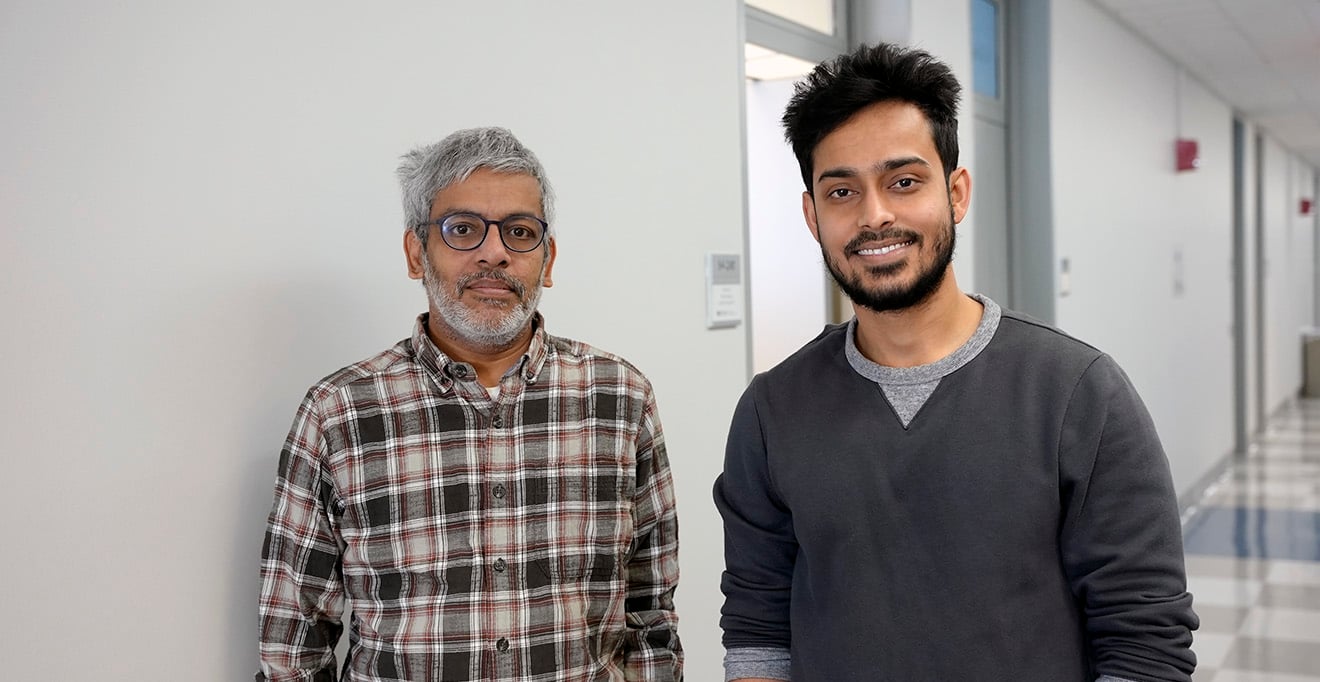The NeuroNexus Institute at UMass Chan Medical School
Nexus: a connection, hub or junction, a connected group or series, the center or focus.
- The NeuroNexus Institute at UMass Chan Medical School brings together basic scientists, clinicians and trainees with the goal of understanding nervous system function and dysfunction, leading to improved diagnosis and treatment of neurological, neurodevelopmental and psychiatric disorders.
- Institute faculty also teach, supervise, and mentor the next generation of academic and industry leaders, medical practitioners and educators.
- Our community also reaches out to increase public awareness of nervous system function and diseases, of fact-based scientific investigation, and to reduce the stigma of neurological and psychiatric disorders.
Our Mission: From Discoveries to Therapies
The mission of the NeuroNexus Institute at UMass Chan Medical School is to catalyze interactions between basic scientists and translational or clinician scientists, forming interdisciplinary teams that tackle innovative projects, achieve breakthroughs in basic neuroscience knowledge, and accelerate development and implementation of innovative therapies to treat neurological conditions.
Our Vision
To integrate our extensive local community of basic and clinical neuroscientists into a hub of interactions, leading to innovation, discovery, and development of new treatments for neurological disorders, and attract diverse funding sources.
Our Approach is to:
- Understand principles of nervous system physiology
- Leverage these principles of neuroscience to understand disease mechanisms
- Accelerate treatments
- Educate future generations of academic leaders and medical practitioners
- Impact patient care
- Reach out and Educate the public of the Commonwealth of Massachusetts and beyond
Getting Results…
-
 Read more
Read more -

Top story: UMass Chan celebrates naming of Paul J. DiMare Center
Read more -

UMass Chan Medical School scientists to assess gene editing technologies for treating frontotemporal dementia
Read more -

Phase I/II clinical study of gene therapy for GM2 gangliosidosis, including Tay-Sachs and Sandhoff diseases, shows encouraging results
Read more
